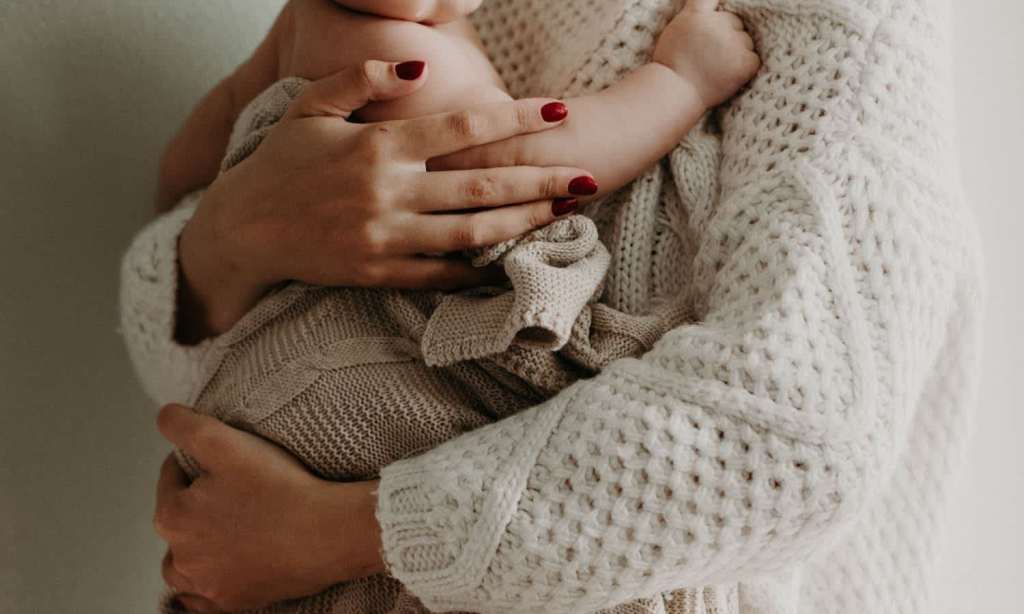Postpartum depression is much more public than it used to be — thanks to the likes of mothers like Jess Eva (from I’m a Celebrity and The Block), speaking about it openly. In fact, it affects approximately one in seven new mothers. But what about obsessive compulsive disorder — OCD?
As it turns out, postpartum OCD is surprisingly common — almost in line with postpartum depression. According to new research from The Journal of Clinical Psychiatry, there is a “high prevalence and incidence” of OCD in women postpartum, and throughout pregnancy.
From the beginning of pregnancy to the time of birth, the estimated prevalence of OCD was 7.8%. A shocking statistic in itself, but what is even more startling is the postpartum period. Through the study, up to the final postpartum interview — held at 38 weeks postpartum — it was discovered that the prevalence of OCD came in at 16.9%, a figure the lead author of the study Nichole Fairbrohter called “really high”.
Prior research put the prevalence at a much lower rate, with much lower statistics. Statistics for prevalence within Australian mothers are difficult to locate, but international statistics previously set the rate at 1-3% — the International OCD Foundation previously referred to it as “fairly rare”.
Talking to Huffington Post, Fairbrother said there are “several reasons” previous estimates were so low, and why the issue was underestimated. One reason is that diagnostic criteria for OCD has broadened, and her study “is the first to use the new definition.” The second is that the stand questions, used to diagnose OCD, may “fail to really take into account the specific experiences of new moms.”
OCD itself is characterised by obsessions — as insinuated by the name — but for perinatal women the content of obsessions are specific, often involving infant-related harm. Although this obsession is common amongst people with postpartum OCD, the study emphasises that it’s “not associated with a risk of behaving violently.”
As for what she wants to see in terms of the future of postpartum OCD? Raising awareness is the main goal — both for mothers, and healthcare providers who treat them.
Read more stories from The Latch and subscribe to our email newsletter.







